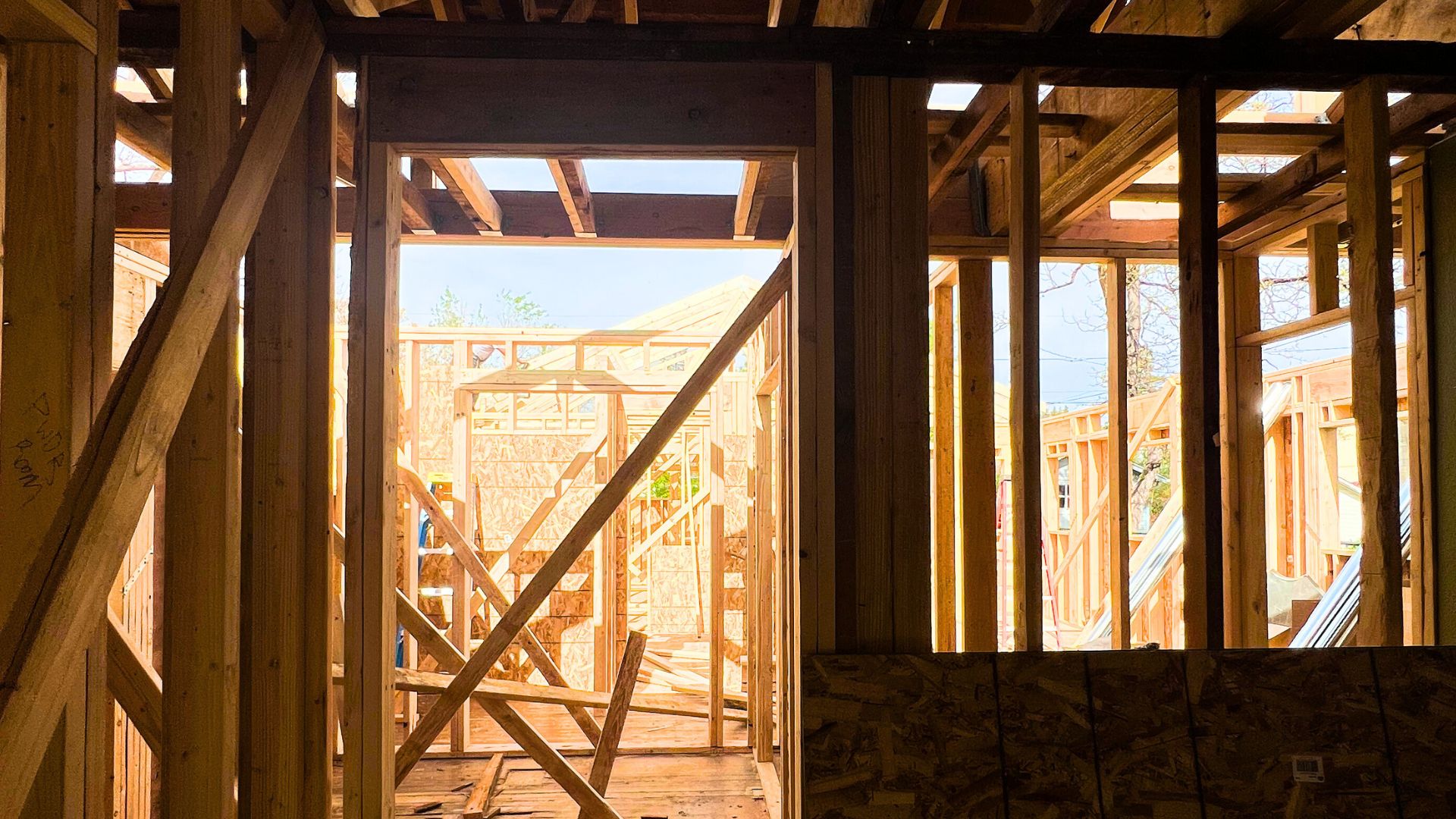
Accessory Dwelling Units (ADUs) have become a growing fixture in Denver’s housing strategy. Recent policy changes, zoning reforms, and rising permit numbers indicate increasing support for ADUs in Denver as a tool to address affordability and housing diversity. This article examines how Denver’s regulatory environment is evolving, what the numbers say, and what builders and homeowners should know.
Context: What’s an ADU and Why It Matters
An Accessory Dwelling Unit (ADU) is a self-contained living space on the same lot as a primary dwelling. ADUs may be attached to the main home, detached structures, basement or garage conversions, or other secondary dwellings (City & County of Denver, 2023). They offer smaller-scale housing options that can help with affordability, provide rental income for homeowners, and support multigenerational living.
In Denver, recent zoning reforms and state legislative changes have reduced barriers to building ADUs, making them more feasible for homeowners across a wider range of neighborhoods (Denver City Council, 2024; West + Main, 2024).
For homeowners considering an addition, learn more about ADU construction in Denver with Sustainable Design Build.
Key Policy & Regulatory Shifts
Several regulatory actions have paved the way for increased ADU permitting in Denver:
Citywide Zoning for ADUs
In November 2024, the Denver City Council passed a measure allowing ADUs in all residential neighborhoods, expanding eligible land from about 36% to approximately 70% of the city (Denver City Council, 2024). This eliminated the need for individual rezonings for many homeowners.
Streamlined Permit Standards
Changes in setback requirements, lot size minimums, and height limits have loosened constraints for many properties (Axios, 2023). These shifts aim to make ADU construction more attainable and reduce regulatory friction.
State Legislation Support
Colorado House Bill 24-1152 mandates that jurisdictions like Denver permit ADUs in residential districts previously restricted. It also lifts or alters certain owner-occupancy and HOA restrictions.
Trends in Permit Activity
Available data shows a clear upward trend in ADU permits in Denver:
- Permit and Completion Numbers
Since 2016, the city has issued around 456 ADU construction permits; as of recent reports, about 331 of those have been completed (BusinessDen, 2023). - 2024 Activity
In 2024 alone, over 110 ADU residential construction permits were opened, including both new builds and ongoing projects (Denverite, 2024). - Future Growth Estimates
After zoning reforms, Denver may see 200–300 ADUs permitted per year. This projection reflects expectations that easing the permitting process will stimulate more ADU construction (Denver7, 2025). - Housing Need
Denver’s Department of Housing Stability estimates a shortfall of about 44,000 affordable housing units over the next decade. ADUs are seen as one component of the solution.
Regulatory Obstacles & Cost Considerations
Despite favorable reforms, several hurdles remain:
- Cost of Construction
Construction costs for ADUs remain high—often in the hundreds of thousands of dollars. These figures include both materials and regulatory/permit compliance costs. - Zoning Pockets & Inconsistent Geography
While much of Denver is now zoned to allow ADUs, some neighborhoods still require rezoning or have not adopted new standards. These lagging zones hinder uniform growth. - Permitting Delays & Complexity
Even with zoning now more permissive, the permitting process still involves design reviews, building code compliance, utility connections, and site-specific constraints. These can lead to delays and added cost (DenverGov, 2023).
Implications for Homeowners, Builders & Policy
The trends around ADU permitting in Denver carry important implications:
- For Homeowners: Where zoning allows, ADUs can provide additional income, allow multigenerational housing, or offer rental options. Homeowners considering ADUs should verify zoning requirements, lot size, and potential construction costs. Explore more about building an ADU in Denver with professional guidance.
- For Builders & Contractors: Rising demand for ADUs creates opportunities for firms specializing in small-footprint dwellings, modular ADUs, and redesigning interior or basement spaces.
- For Policy Makers & Community Planners: Continued reforms—such as easing lot size restrictions, reducing fees, and improving permit review timelines—are likely to accelerate ADU adoption.
Conclusions
Denver’s shift toward broader ADU permissibility—through zoning reform, regulatory simplification, and state legislation—is reflected in rising permit counts and growing optimism about ADUs’ role in expanding affordable housing. Although challenges remain with cost and implementation, the trajectory suggests that ADUs will be an increasingly common part of Denver’s housing mix.
For homeowners exploring ADU possibilities, partnering with an experienced firm like Sustainable Design Build ensures the project aligns with Denver’s zoning codes, budget expectations, and long-term goals.
References
- Axios. (2023, June 9). Denver tweaks ADU standards as city considers zoning changes.
- BusinessDen. (2023, Nov. 22). As Denver continues neighborhood ADU rezones, here’s how many are being built.
- City & County of Denver. (2023). Constructing Accessory Dwelling Units – Denver: Overview of standards, required permits, and tips.
- Denver City Council. (2024, November 18). Denver passes measure to allow ADUs in all residential areas of the city.
- Denver7. (2025, August 1). ADU permits increase as Front Range governments allow easier access to build them.
- Denverite. (2024, May 1). How many ADUs are in Denver now, and how many might there be in the future?.
- Denverite. (2024, Oct. 15). Denver City Council changes ADU zoning citywide.
- West + Main. (2024, November 27). Denver just legalized ADUs citywide. How many could be built?.
Connect With Us
Planning your next renovation, or maybe you are looking to do a complete remodel for your home? Whatever the task, it can’t hurt to ask. Reach out to our team through this form.
We can schedule a free consultation and discuss everything you need to get your project moving in the right direction. Did we mention, it’s absolutely free?
